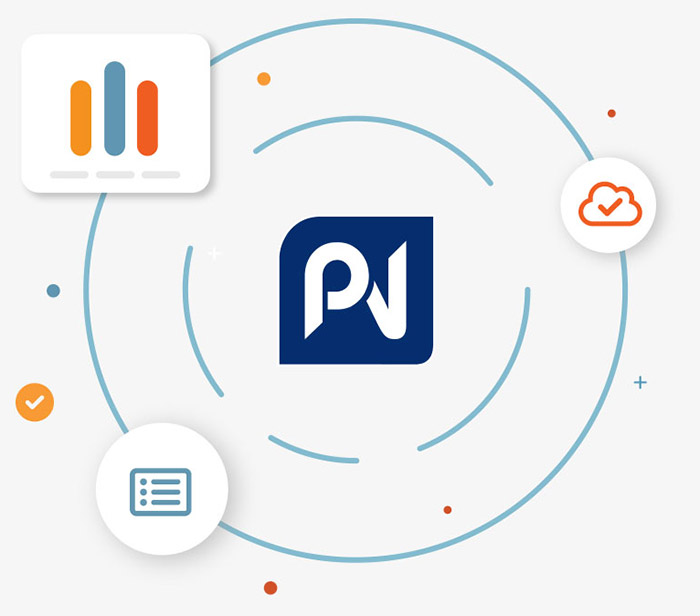Are You at Risk of Violating the FCC's Rule on Consent Revocation?
Are you prepared to comply? Or are you at risk of violating the TCPA?
As of April 11, 2025, the FCC's updated Revocation of Consent rule under the TCPA is in effect — and businesses that fail to adapt face steep regulatory penalties and legal exposure.
The rule strengthens consumers' right to revoke consent for robocalls and robotexts across all communication channels, while imposing stricter, time-sensitive compliance obligations on organizations.
Ignorance is no defense. Delay is a liability.
Comply now and stay protected.
Request a free consultation or demo:
Protect Your Brand Like Fortune 500s with PossibleNOW
Trusted by compliance teams nationwide, PossibleNOW helps you stay compliant, mitigate risk,
and keep your marketing efforts efficient and legal.
and keep your marketing efforts efficient and legal.

What the New Rule Requires of Your Business:
-
Timely Processing: Businesses are required to honor revocation requests within a reasonable timeframe, not exceeding 10 business days.
-
Accept revocations through any reasonable method — including text replies, website, emails, or designated phone numbers.
-
Send only one confirmatory message within five minutes of receiving a revocation — it must not contain any marketing content.
-
Centralize your consent records to ensure system-wide and timely suppression of revoked contacts.
-
Train teams and update processes to recognize, document, and act on revocations quickly.
What’s at Stake?
- Failure to comply could expose your business to TCPA violations, class action lawsuits, and fines up to $1,500 per contact.
- Businesses are responsible even if a third-party vendor makes the call or text.
- The rule applies to all channels — not just where the consumer opted out.
Don’t let one missed opt-out become a costly lawsuit. Revoked means revoked — instantly.

How PossibleNOW Helps You Comply — and Stay Protected:
MyPreferences is our industry-leading compliance platform that ensures your business is ready for the FCC's updated rule — and stays ahead of evolving regulations. MyPreferences offers:
- Timely Opt-Out Processing: Quick suppression of revoked numbers across all communication systems.
- Centralized Consent Repository: One source of truth across departments, platforms, and vendors.
- Omnichannel Monitoring: Track, capture, and act on opt-outs from SMS, voice, email, forms, and beyond.
- Audit-Ready Documentation: Full revocation history and system logs to prove compliance.
- Training and Support: Keep your team informed and your systems aligned with the law.
FAQs About the Revocation of Consent:
- What part of the new consent revocation rules is being delayed?
Only the rule that says one opt-out must apply to all future robocalls and robotexts from the same company — even across different departments or message types. That part is delayed until April 11, 2026. - Are the other new consent revocation requirements still taking effect on April 11, 2025?
Yes. All other requirements around how consumers can revoke consent and how businesses must process revocations still take effect on April 11, 2025. - What counts as a valid method to revoke consent?
Any reasonable method counts, including:- Replying "stop," "quit," "end," "revoke," "opt out," "cancel," or "unsubscribe" to a text
- Using a designated opt-out phone number or website
- Leaving a voicemail or sending an email expressing the desire to stop receiving messages
- How quickly must opt-outs be honored?
Businesses must honor opt-out requests within a reasonable time, but no later than 10 business days after receiving the request. If you can process it sooner, you must. - Can businesses still send a final message after someone opts out?
Yes, you are allowed to send one confirmatory message that simply acknowledges the opt-out — but it must:- Be sent within 5 minutes (to be automatically considered acceptable)
- Contain no marketing or promotional content
- Ask for clarification only if the consumer subscribed to multiple types of messages
- Does the delay apply to text confirmation requirements?
No. The rules allowing one final opt-out confirmation message have already been in effect since April 4, 2024 — and they are not impacted by this delay.
- If a consumer uses words not on the FCC’s list (e.g., "leave me alone"), does that still count as an opt-out?
Yes, if a reasonable person would understand the message as a request to stop communications, it must be treated as a valid opt-out. - Does the delay mean companies don’t have to track revocations across departments?
For now, yes, temporarily — until April 11, 2026, businesses are not required to immediately treat a revocation to one department’s message (e.g., a marketing text) as applying to all departments (e.g., fraud alerts or billing reminders).
However, preparing your systems for full cross-channel revocation is strongly recommended to avoid future risks. - Are companies still liable if their third-party vendors fail to honor opt-outs?
Yes. You are responsible for ensuring all vendors and partners comply with opt-out rules in real time — the FCC doesn’t distinguish between your company and your service providers. - What should businesses be doing now to stay compliant?
- Monitor all communication channels for revocations.
- Process opt-outs immediately wherever possible.
- Centralize consumer consent and revocation data.
- Train customer service, marketing, and IT teams on new requirements.
- Begin preparing for the broader "revoke-all" obligation that takes effect in 2026.
